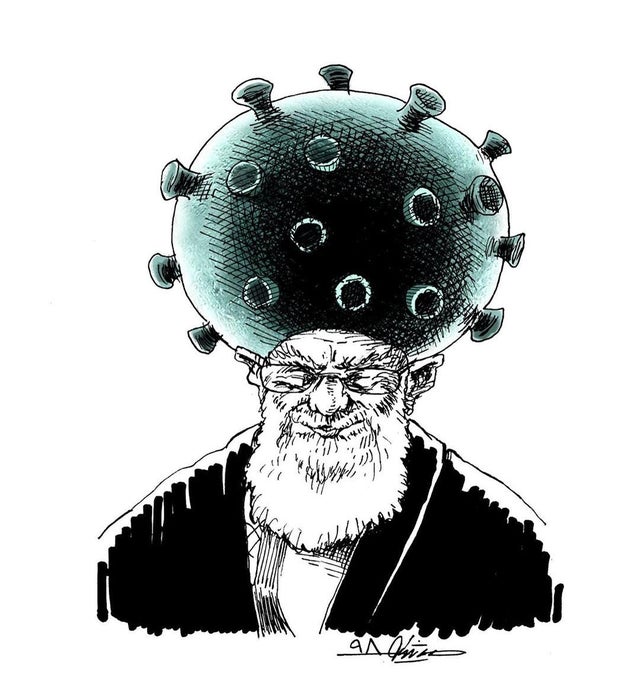This distrust has grown amid the authorities' helplessness in dealing with the aftermath of the catastrophic snowfall in the northern provinces in early February, as well as the February 21 parliamentary elections, which have been largely boycotted by society, but the authorities have reported their “success”.
On this background, the outbreak of the coronavirus epidemic in Iran has revealed ongoing crisis responses, highlighted distrust of the authorities, and intensified radicalization.
The frightened and anxious population accuses the authorities of incompetence, indifference and unpreparedness for the epidemic, in particular in poor decisions that threaten people's lives.
Radical protest splashed in the town of Talesh in Gilan province in Northern Iran against the transfer of 4 coronavirus patients from the central provincial city of Rasht on Feb 22, 2020. Central authorities had decides to use the Talesh hospital as a quarantine facility for western sectors of Gilan Province, but locals start protest with fires, barricades and clashes with regime security forces. State security forces fired tear gas.
In this case, we can observe a typically particularistic reaction of hierarchical communities to the crisis. Generally speaking, (spontaneous or induced) particularistic responses to crisis challenges are inherent in a wide range of hierarchically organized communities, and do not depend on ethnicity, religion, language, ideology, etc. - solely on the structural and functional arrangement of local communities and on the structure and intensities of crisis impact.



